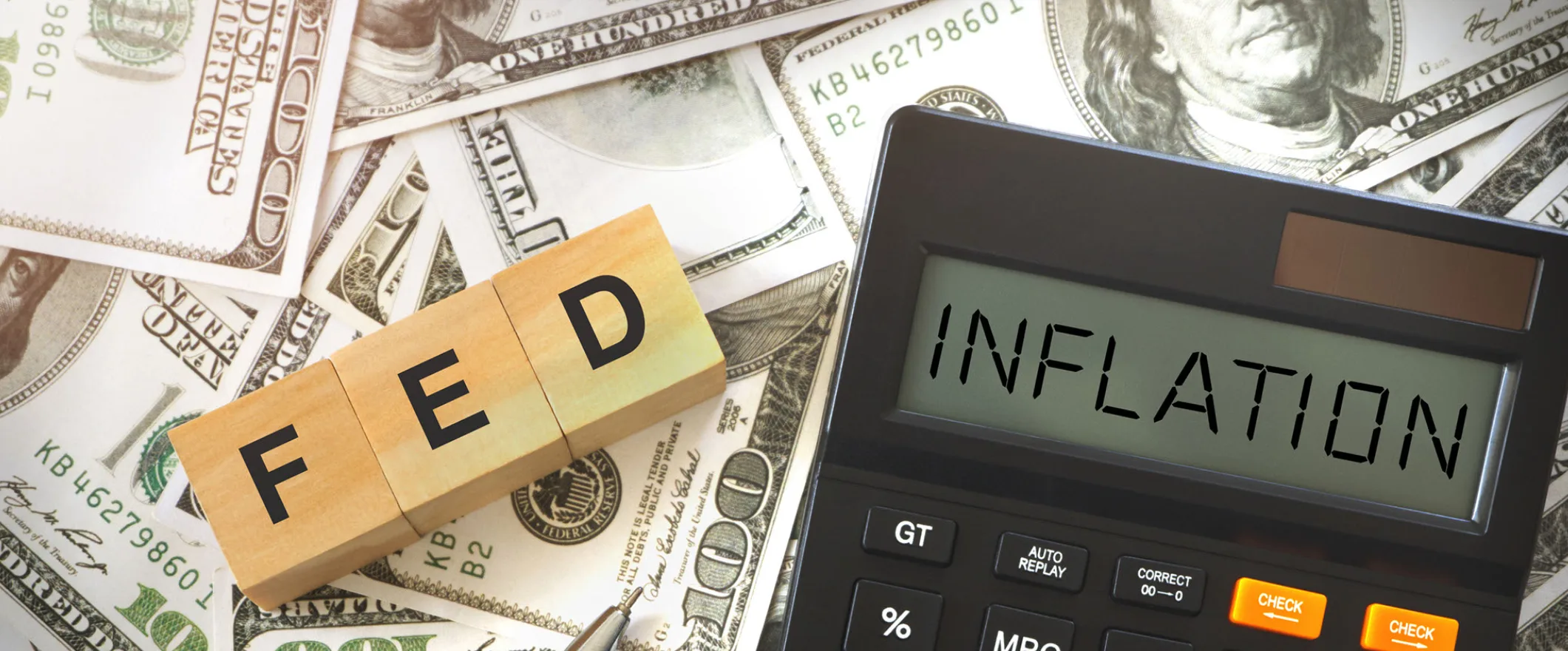New inflation data shows a continued rocky road ahead for the Federal Reserve.
On Tuesday, the Labor Department reported that the consumer price index (CPI), a broad measure of the price of everyday goods, rose 0.5% in January, marking an annual gain of 6.4%.
While the core CPI, which factors out volatile food and energy costs, rose 0.4% in January and 5.6% annually.
The spikes were worse than economists predicted. Economists surveyed by Dow Jones had been looking for respective increases of 0.4% and 6.2% in the CPI and 0.3% and 5.5% in the core CPI.
“While this is the smallest year-over-year price increase since October 2021, today’s report suggests that the downward trend in inflation may be bumpier than had hoped,” Lisa Sturtevant, chief economist at Bright MLS, said in an email.
The latest readings seem to be presenting more challenges for Fed Chairman Jerome Powell, who just last week hinted that disinflation is happening and is welcomed.
RELATED: What is Disinflation? Why is the Fed Welcoming it?
Yet, at the same time, Powell warned of “ongoing” rate hikes in 2023 to reach the central bank’s 2% inflation rate.
And economists warn that these increased numbers only support that.
“It [the new data] means that the Federal Reserve will push forward with rate hikes through the spring, which will increase borrowing costs for consumers and businesses,” Sturtevant said.
“For Fed officials, a slow grind down in inflation only supports the higher-for-longer view on interest rates,” Rubeela Farooqi, chief U.S. economist at High Frequency Economics, said in a note. “Policymakers have more work to do in lowering inflation back towards target and are likely to continue lifting rates and will keep policy restrictive for some time.”
Former Obama chief economist Jason Furman said the new data isn’t comforting for Americans who need relief from paying inflated rates for shelter, gas, food, and more.
Unfortunately, he doesn’t see inflation dropping that much this year, and if it does, it won’t be without high economic risks.
“I don’t see how we have inflation much below 3% this year,” he told CNBC. “I don’t see it coming down below that without a decent-sized recession, and nothing in these numbers gives me comfort.”
He added, “I think this inflation issue is real. I don’t think it is going away anytime soon, and I think anyone who is overly calm about it is making me nervous.”





